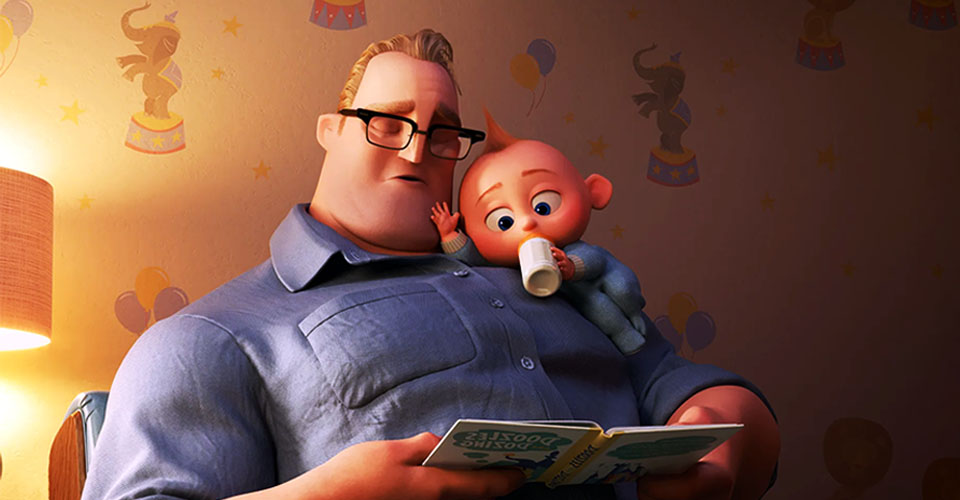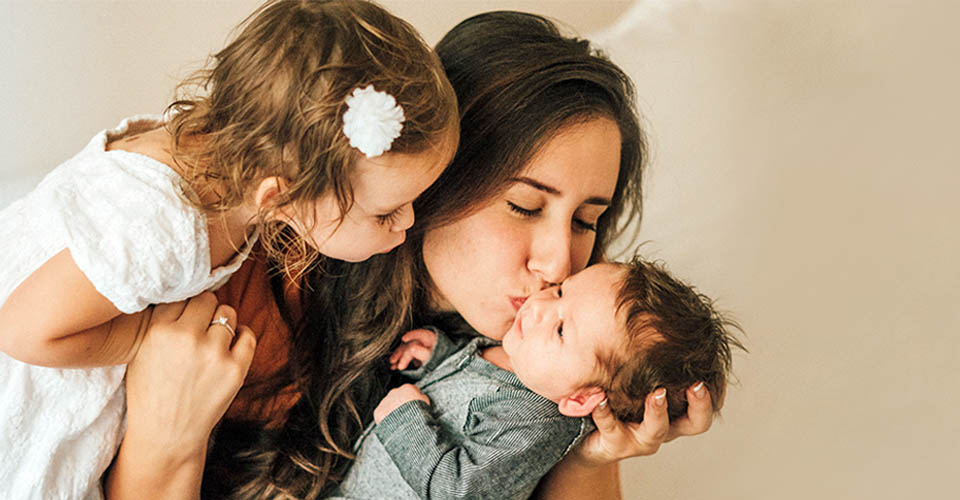Teaching kids how to be nice is like nurturing a garden. It takes time, care, and a bit of know-how. Just like plants need sunlight and water, kids need good examples and kind words to grow up nice and polite. We’re going to explore how to do this, just like a gardener learns the best ways to make their garden bloom.
Politeness encompasses kindness, respect, and consideration for others, teaching children empathy and the impact of their actions on people’s feelings.
Kids are great at copying what they see. This means they learn a lot from watching you. When you say “thank you” to the cashier or hold the door for someone, your child notices. These everyday actions are powerful lessons in politeness
8 Practical Expert-Backed Tips for Raising a Polite Child
Teaching politeness involves more than just instructing children on what to say; it’s about cultivating an attitude of respect and consideration for others.

Here are some effective strategies:
1. Teaching the Basics
Start with the basics like “please,” “thank you,” “excuse me,” and “sorry.” These magic words are the building blocks of raising a polite child.
Explain to your child why these words are important and how they make others feel. For example, saying “please” shows you’re asking for something nicely, not demanding it.
Dr. Robert A. Emmons and Dr. Michael E. McCullough in their research were able to correlate teaching kindness and gratitude to having a positive outlook towards life. Gratitude serves as a cornerstone of a positive mindset, helping children focus on the abundance and goodness in their lives rather than dwelling on what they lack or perceive as negative.
It shows us that as parents, educators, and caregivers, we have the opportunity—and the responsibility—to cultivate gratitude in children.
Read More: What Are Family Dynamics: Is Your Family Dynamics Uplifting or Weighing You Down?
2. Role-Playing Games
Kids love to play, and role-playing is a fun way to raise a polite child. Use toys or act out scenarios where your child can practice saying “thank you” or “please.” This not only makes learning fun but also helps your child understand how to use polite words in different situations.
Allen LR of the Board on Children, Youth, and Families has shown through studies that children learn a lot through play. When kids play role-playing games, they absorb information and learn skills by mimicking real-life situations.
As they engage in imaginative play, learn to navigate social interactions, understand perspectives, and communicate effectively—all essential components of polite behavior.
3. Praise and Encouragement
When your child remembers to use polite words or acts kindly, make sure to praise them. This positive reinforcement makes them feel good about their behavior and encourages them to be polite.
A simple “I noticed you said ‘thank you’ to your friend, that was very polite!” can go a long way.
4. Leading by Example
The most effective way to teach politeness is to model it yourself. Use polite words and show kind behaviors in your daily life. When your child sees you treating others with respect and kindness, they’ll understand that this is how they should act too.

Kids watch everything their parents do and often copy their actions and attitudes. This idea, supported by experts like Dr. T. Berry Brazelton and Dr. Benjamin Spock, shows in their studies that parents’ actions are more important than just what they say. It is more what they do every day.
Modeling healthy and positive behaviors is crucial for raising a polite child. When parents show good behavior and values, kids pick up on them. For example, if parents admit when they make mistakes and say sorry, kids learn about responsibility and how to handle mistakes well.
It shows them to take responsibility for their actions and improve their behavior.
Read More: What is Dolphin Parenting Style? 5 Effective Strategies That Work Wonders for Kids
5. Making it Fun
Turn learning into a game. For younger kids, you could create a “politeness chart” with stickers for every time they use a polite word or do a kind act.
For older children, try setting up a role-play restaurant at home where they can practice being “customers” and “servers,” using polite language throughout the meal.
6. Handling Mistakes
Everyone slips up sometimes, and that’s okay. If your child forgets their manners, gently remind them. Avoid scolding; instead, use it as a learning opportunity.
For example, if they interrupt, remind them to wait for their turn to speak by saying, “Let’s wait until Dad finishes speaking before we share our story.”
This helps them learn to wait their turn and be patient. By being gentle and using these moments as teaching opportunities, you can help your child remember their manners without making them feel bad.
7. Patience is Key
Remember, teaching politeness is a journey, not a race. It takes time for children to fully grasp and consistently practice good manners.
An important aspect of raising a polite child is to be patient and keep reinforcing the lessons with gentle reminders and lots of praise.
8. Celebrating Differences
It’s important to teach children that what’s considered polite can vary between cultures and families.
For example, researcher Dr. Patricia Ramsey emphasizes the importance of cultural awareness in teaching children about politeness. She states, “Exposing children to diverse cultural practices of politeness fosters empathy and understanding towards others.”
Encourage them to be open and respectful of different ways of expressing politeness. This not only broadens their understanding but also teaches them to value diversity. Raising a polite child doesn’t have to be complicated. With your guidance, everyday moments can become valuable lessons in kindness and respect.
Read More: How Does Parallel Parenting Work: 10 Tips To Successfully Parent After Divorce!
Remember, the goal is to instill values of empathy and respect that will last a lifetime.
Important Manners That Need to Be Instilled In A Child
Teaching children manners is a fundamental aspect of their development, impacting their social interactions and future opportunities. Inculcating proper etiquette and manners is also crucial for parents to raise a polite child.

Here are some important manners that should be instilled in a child:
1. Taking Turns:
Life is full of moments where waiting our turn is necessary, whether it’s in a conversation while playing games, or even waiting in line. Teaching children the importance of patience and fairness by taking turns can help them develop better relationships with peers.
2. Sharing:
Sharing isn’t just about giving someone a part of your snack or letting a friend play with your toy; it’s a fundamental aspect of building friendships and showing empathy.
Experts say that teaching children to share their toys or belongings helps in raising a polite child. Dr. Bill Sears, a renowned pediatrician and author says that sharing teaches kids to consider others’ needs and feelings, fostering a sense of generosity and kindness.
Dealing with children who struggle with sharing involves patience, practice, and positive reinforcement to gradually instill this important social skill.
3. Saying “Sorry”:
Apologizing when we’ve made a mistake or hurt someone, intentionally or not, is a powerful way to mend fences and show empathy. Teaching kids to say “sorry” encourages them to take responsibility for their actions and understand the impact they can have on others.
4. Greeting People:
A simple “hello” or “goodbye” can go a long way in making someone feel noticed and valued. Encouraging children to greet people teaches them about acknowledgment and the importance of making others feel welcome.
5. Asking Before Borrowing:
Teaching children to ask permission before using something that isn’t theirs instills respect for others’ possessions and personal boundaries. It’s a sign of politeness and consideration.
By teaching these manners, we’re not just helping children know what to say and do in social situations; we’re helping them understand why these actions matter. They learn to respect others, take responsibility for their actions, and contribute to a kinder, more considerate community.
Read more: 6 Signs You’re Ready To Start A Family
A Word From Mind Family
Raising a polite child takes time, care, and a lot of love, much like how a gardener nurtures their plants. Just as plants need sunlight and water to grow, children need positive examples and kind words to flourish.
By instilling these values, we give our children the tools they need to navigate social interactions and make positive contributions to their communities. Our actions speak louder than words, and by showing kindness and politeness in our own lives, we set a powerful example for our children to follow.
Every family and culture has its ways of showing respect, and children need to learn to be open and respectful of those differences.
Raising a polite child is a journey filled with love, patience, and lots of learning along the way. So, let’s continue to nurture our children with kindness and understanding.
Frequently Asked Questions (FAQs)
1. How to raise a polite child?
Start with the basics like “please” and “thank you,” and explain why they’re important. Use role-playing games to make learning fun. Model polite behavior as a way to raise a polite child and handle mistakes gently.
2. What is the importance of raising a polite child?
Raising a polite child goes beyond manners; it instills kindness, empathy, and respect. By teaching politeness, children learn to think about others’ feelings and navigate the world in a friendly way. It’s about fostering positive relationships and contributing to a considerate community.
3. What manners need to be instilled in a child?
Important manners include taking turns, sharing, saying “sorry,” greeting people, and asking before borrowing. These manners teach children about patience, empathy, responsibility, and respect for others’ boundaries. They contribute to building positive social interactions and fostering kindness in children.


















Leave a Reply